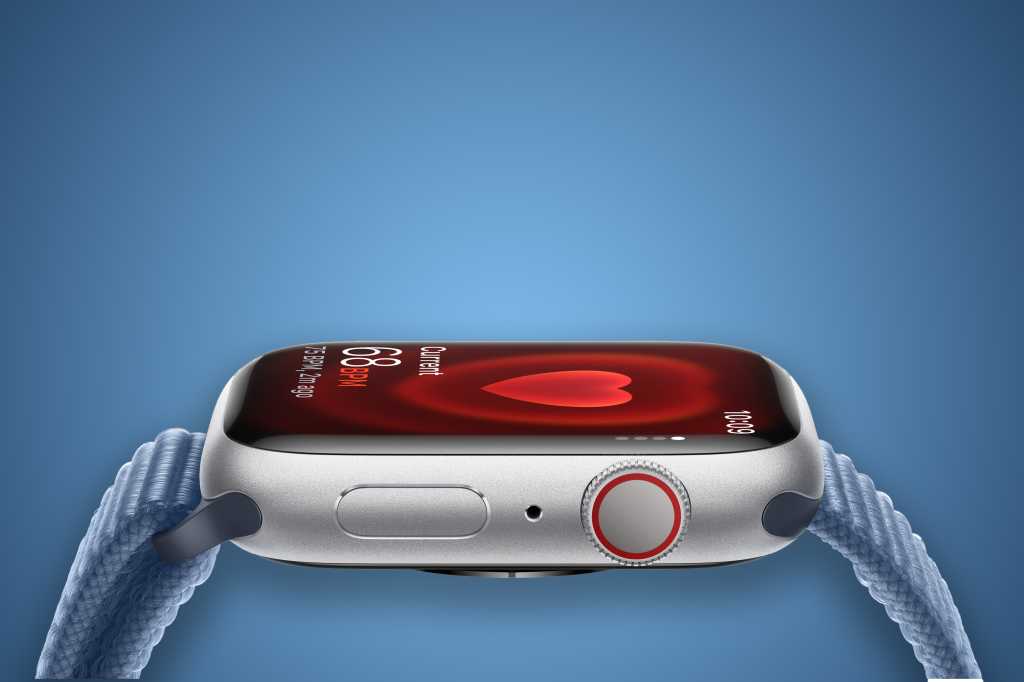I can’t wait to make an appointment with Apple’s AI doctor
Apple is venturing into future AI-based features, including developing an "AI-based doctor" known as Project Mulberry, as mentioned in a report by Bloomberg's Mark Gurman. The company's focus on health technology has been evident through products like the Apple Watch and Health app, indicating a significant interest in this field. With challenges in developing health features in hardware, Apple seems to be transitioning towards software and AI solutions to address gaps in the health sector. While the potential for AI technology to provide valuable insights exists, there are concerns regarding the accuracy and reliability of advice provided by an AI doctor. Despite potential pitfalls, Apple's track record in health and fitness innovation suggests a continued commitment to enhancing its platform for the benefit of consumers.

With Apple having delayed its most ambitious Apple Intelligence features, you might find yourself thinking: it’s probably best if the company just focuses on other endeavors for the time being, like a rumored iOS redesign or even pushing forward its Vision Pro platform. Nope, not so much. According to a report from Bloomberg’s Mark Gurman, Apple is embarking on future AI-based features, including most prominently an “AI-based doctor” dubbed Project Mulberry. Just when you think you’re done talking about AI, they pull you back in. It ain’t called ‘hardware’ because it’s easy.
Apple's Focus on Health Technology
On the face of it, this venture is no surprise. Apple has been heavily invested in health technology for years. From the Apple Watch to the Health app, Apple has made it clear that it considers health features part of the core functionality of its platform. But the company has found itself stymied on the hardware front in recent years. Reported attempts to develop both non-invasive glucose tracking and blood pressure monitoring have proved to be difficult nuts to crack and will probably take a few more years before they are practical. Fundamentally, those are just very difficult problems to solve when limited to products like a watch on the wrist or headphones in people’s ears.
Given those limitations, it makes sense that Apple would turn to software solutions to fill in the gaps in the health arena. Some of what AI technology offers provides a reasonable option: the ability to synthesize and summarize disparate data and turn that into helpful advice. But, surprise, surprise, it’s not without its potential pitfalls.
Potential Pitfalls of AI in Health
According to Gurman’s report, Apple is working on training this AI doctor on information from in-house physicians. While positive, this doesn’t necessarily eliminate the risks of relying on AI technology—specifically, its tendency to make up information. Health is an extremely sensitive area, and one must be extremely careful not to give incorrect advice that might inadvertently lead to harm.
Even with careful control and monitoring of inputs and outputs, there is a risk of offering generic advice that lacks value. The non-deterministic nature of an AI language model means there is always a chance of providing bad advice, which can lead to distrust and non-usage by consumers.
Apple's Track Record in Health and Fitness
Despite the potential pitfalls, it is worth noting Apple’s excellent track record with health and fitness. Features like AirPods Pro’s Hearing Aid and the Apple Watch’s A-Fib detection have had meaningful impacts on people’s lives, and many of those features themselves rely on machine learning in one form or another.
While reports like these give only part of the picture, it is clear that Apple’s move towards AI-based health features is in line with its goal of enhancing its platform and making it more attractive to consumers. Ultimately, Apple's focus on helping customers live happy and healthy lives may be the driving force behind these developments.

